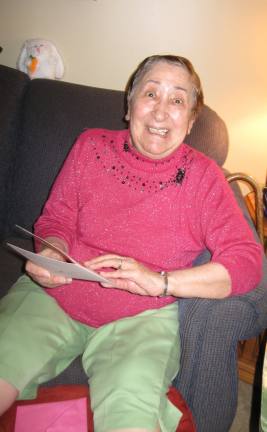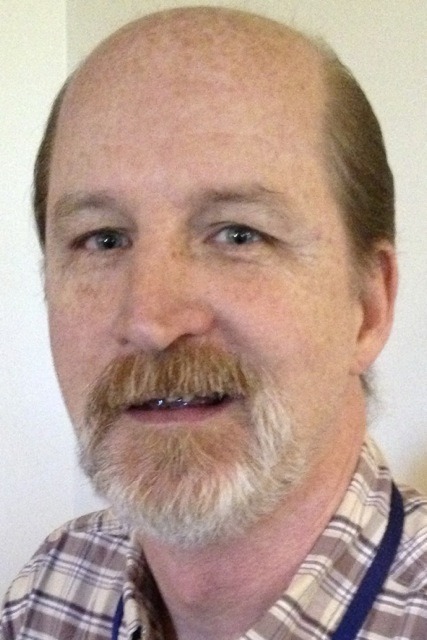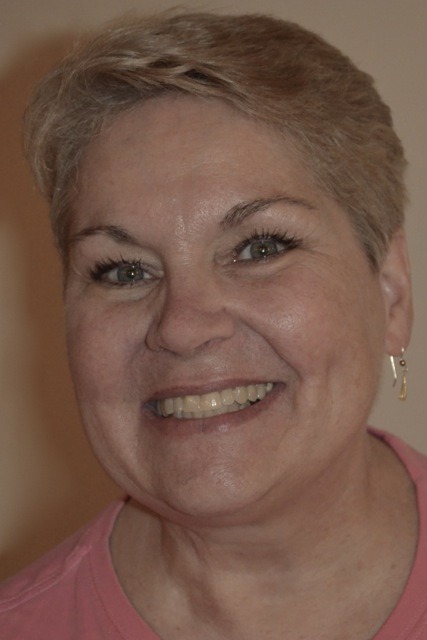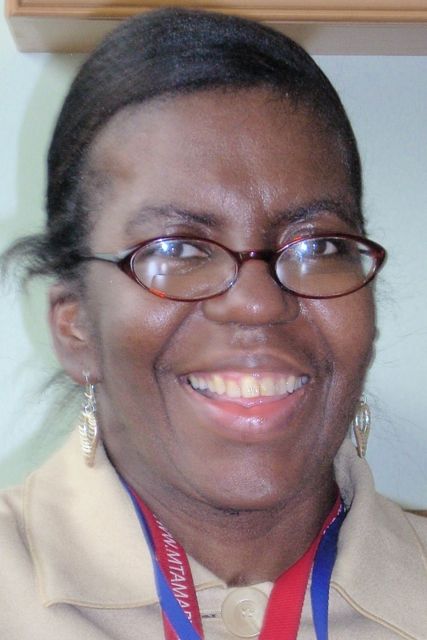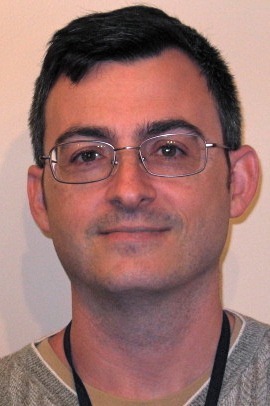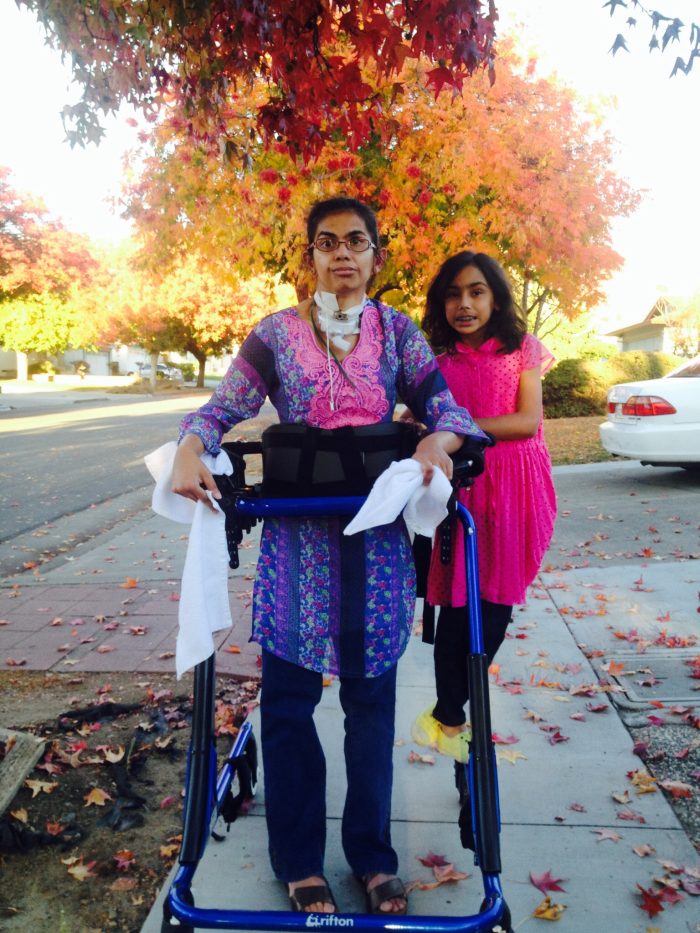My Mom’s Journey
On August 26, 2008, just 2 weeks short of her 75th birthday, my mother, Ollie Baljkas, suffered a triple infarction CVA, a stroke that damaged 2 of the speech centres of the brain. Her stroke-related hemiplegia has almost disappeared, but her expressive (or fluent) aphasia continues. From birth, my mom never had an easy life…

